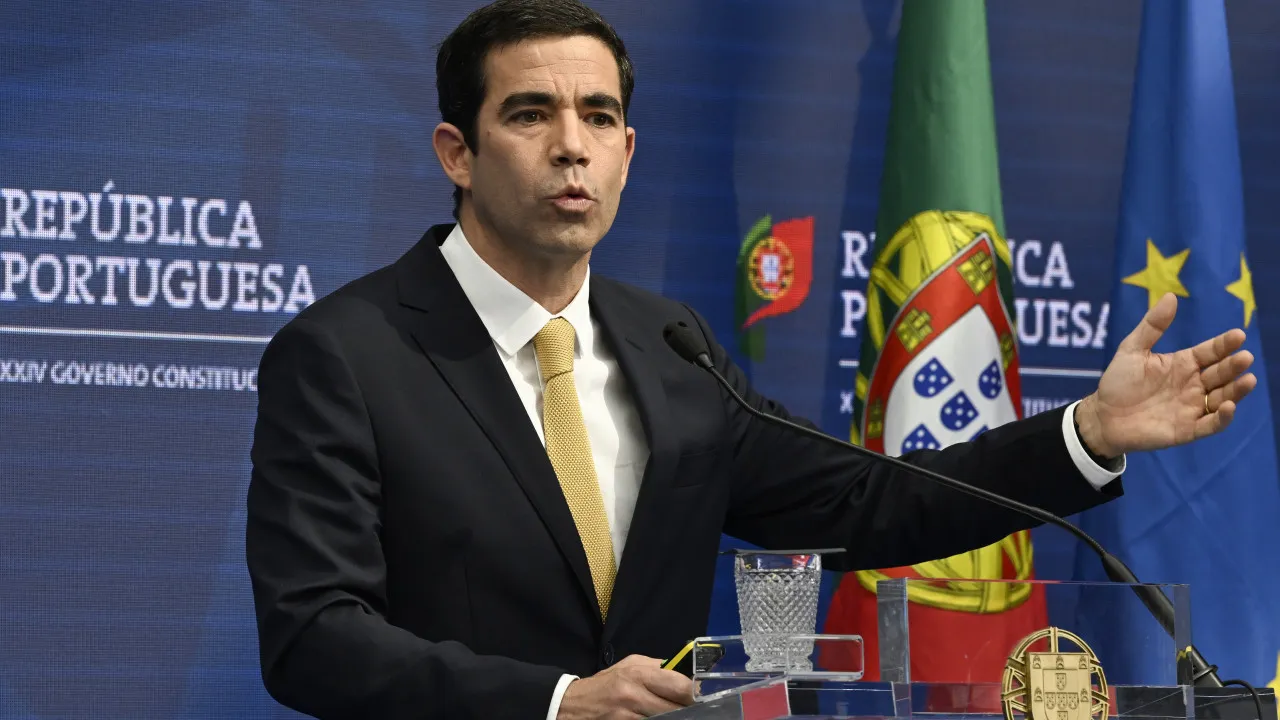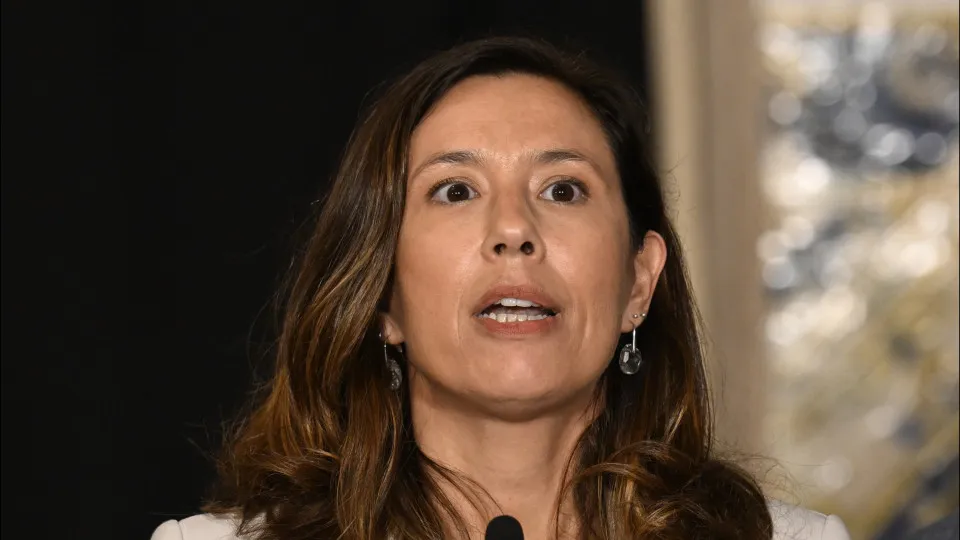
In a press conference following the Council of Ministers meeting on changes to migration policy, Minister of the Presidency, António Leitão Amaro, acknowledged that family reunification is “the most challenging of all regulations,” as it involves reconciling national legislation with the European directive on this matter.
“Among the various possible channels for immigration, besides work and study, family reunification plays an important role” for families and also “accelerates the integration of immigrants into the Portuguese community,” the minister stated.
Currently, there are 1.6 million foreigners in Portugal, many of whom have pending family reunification processes that the Agency for Integration, Migration and Asylum (AIMA) has not addressed.
Leitão Amaro indicated that the goal of the newly announced legal changes is “firm regulation where the rules are strict” while maintaining “commitments to humanism,” which will mandate a “minimum requirement of two years of legal residency” for those applying for family reunification.
The only candidates admitted for family reunification already residing in Portugal will be minors, excluding the possibility of using this mechanism to regularize those in the country illegally.
“In other cases, it will be up to AIMA to organize its capacity to provide responses. But the priority is defined; we must attend to the needs of Portuguese citizens and foreigners living here legally,” he added.
The government will also “strengthen the criteria with more stringent requirements, within the limits of the directive,” in areas such as housing or means of subsistence.
Social benefits will not count towards the “calculation of subsistence means.”
Additionally, the government imposes the “requirement for integration measures for the applicant and their family,” evaluating the “learning of the Portuguese language and, in the case of minors, compulsory education attendance.”
Leitão Amaro announced that in the coming weeks, AIMA will “organize and publicize an appointment schedule in advance within its capacity to respond to these requests.”
Furthermore, the government will “abolish the current rules of tacit approval” for these processes and introduce new rules for job-seeking visas, limiting them to qualified immigrants.
“The visa to come to Portugal without a job contract or job offer will be available only to highly qualified individuals,” remarked Leitão Amaro.
The aim is to “redirect demand towards flows that attract more talent,” explained the official.
To achieve this, the government will reach out to “higher education institutions and their representative organizations” to present a “proposal inspired by what was adopted with employer associations,” ensuring entry channels for workers and providing “predictability and agility when the conditions of talent attraction are met.”
The ultimate goal is to increase the presence of “researchers, teachers, and foreign students” to “continue transforming the national economy into a knowledge-based economy.”
The formal classification of “highly qualified” applicants is already defined in the law and will be clarified in a joint ordinance of the Foreign Affairs, Migration, Labor, and Education ministries.
Additionally, AIMA will have a “talent department specifically focused on this type of channel.”
The government will also present a “bill to establish the Foreigners and Borders Unit in the PSP.”
“Portugal needs a border police to control entry, oversee the national territory, and remove those who do not comply with the rules,” stated Leitão Amaro.
“Portugal requires a border police, and the solution is not to turn AIMA into the police,” emphasized the minister, noting that the PSP will have “reinforced resources for the new foreign and border unit.”




